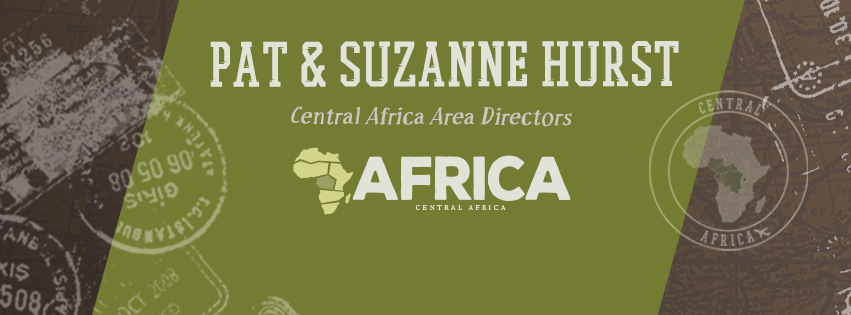I am currently taking a humanitarian assistance course at Johns Hopkins. The credits go towards my ultimate goal of a Masters in Public Health. However the course is also extremely useful as it talks about how to provide a appropriate and effective response to any disaster situation - natural disaster or man made such as a refugee crisis.
It is easy in these situations to be a bit intimidated. Most of the students have multiple degrees - many are MD's and/or PhD's. They often work for very high profile organizations such as the UN, Red Cross, and European Union. They talk about projects and budgets that use millions of dollars. I, on the other hand, am working on my one and only masters. My focus is very much grassroots, local church based, community development. I wouldn't know what to do with a million dollars - much less many millions!! All I really want are the funds to be able to live in Kinshasa, plus some basic work funds for helping with the community projects I am working on. Please don't get me wrong - I am not ashamed of what I do or who I am - but I will admit that sometimes in these highly academic, powerhouse settings I can feel a bit "small."
The school here is not a "Christian" school and I'm fairly certain that today's lecturer was not a Christian. However he was a fantastic teacher with very impressive experiences in relief and development endeavors, including being on the ground during the Rwanda genocide and the subsequent massive refugee flow into the now Eastern DRC. He's a specialist in sanitation and water issues. For two days he spoke on various disaster situations, what the best response would be, what is proven to work and what is proven to not be effective. However the final thoughts he chose to leave us with really struck me......and encouraged me. At the end of the course he asked us where we thought was the worst place in the world to raise a child. Several countries were mentioned (including Eastern Congo) and ultimately the class decided on Somalia. Then he asked where the best place would be to raise a child - once again many countries were mentioned and Norway was chosen (not sure why). Then he asked us if we could choose one major breakthrough that we thought would change the course of life for those suffering in developing countries, what breakthrough would we want to see? Many ideas were offered.....an HIV vaccine, a malaria vaccine, desalinization of seawater, etc. I actually said I would like to see someone develop an "anti-corruption" pill. Everyone laughed, but I was serious. In the end the class chose an HIV vaccine as the one thing that would change lives. Then he said "if we had an HIV vaccine and were able to give it to everyone - would it be as easy to raise a child in Somalia as it is in Norway?" Of course the answer to that question is a resounding "NO!" His final words to use were that, although we need research and medical breakthroughs, if systems and individuals are not changed to protect the marginalized and vulnerable, that all the breakthroughs in the world would not truly help people. I believe that his point was that as we work in relief and development, advocacy on a governmental level is very important. However what I took from his example is that transformational development is where it's at!! It is only by touching and changing people's worldviews, through Christ, that true change will come about in a community, and ultimately in a country. Big programs and multi-million dollar projects can yield good results - I am not dissing them. But at the end of the day changed lives, changed mentalities, unselfishness, and good methods at what we do, with the emphasis being on a relationship with Christ, are what truly will make a difference in the world.
